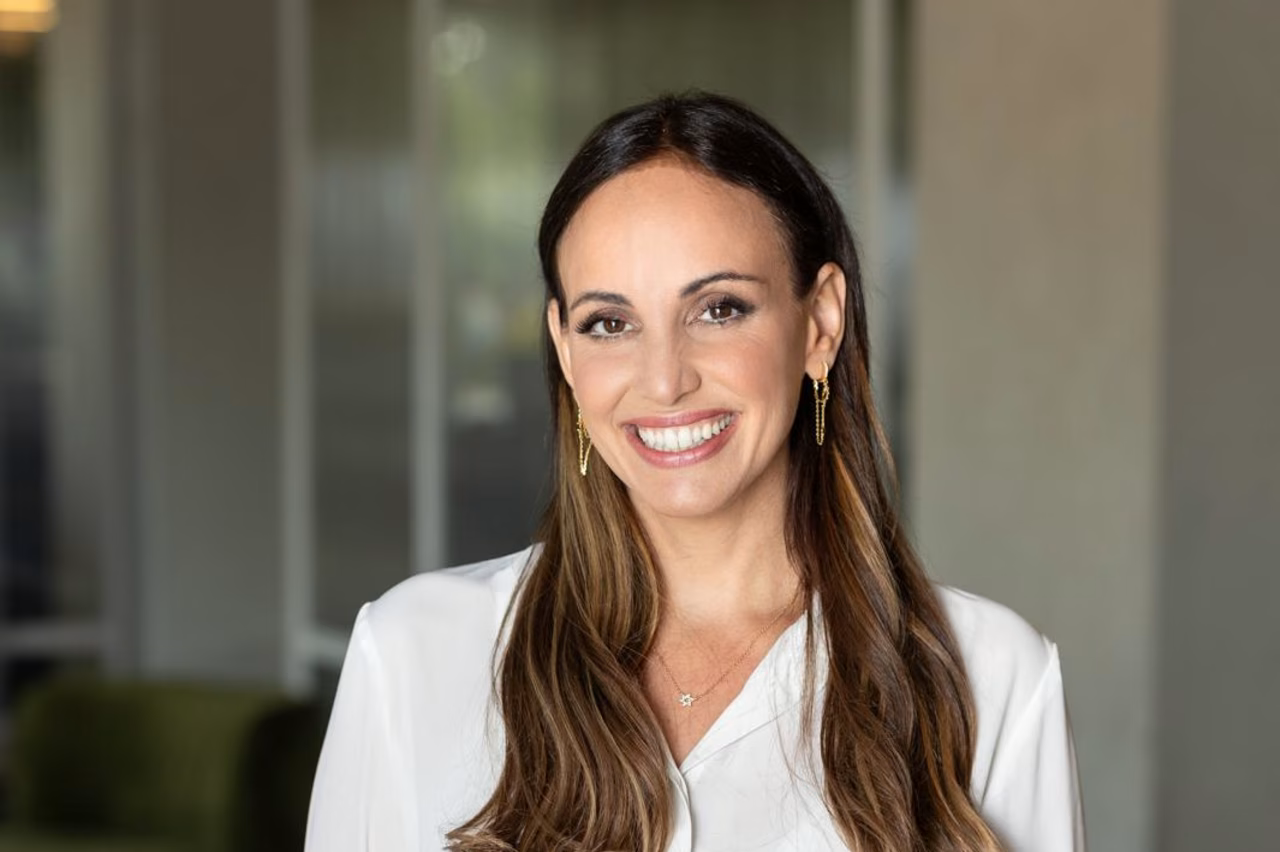Cease-Fire Could Lift Prospects for Israeli VCs, Startups

Cease-Fire Could Lift Prospects for Israeli VCs, Startups
The potential end of the conflict with Hamas is spurring foreign investors to re-engage with Israel’s startup and venture community
WSJ ProOct. 15, 2025 7:00 am ET

Lee Moser, who runs two Israeli venture funds, has seen a shift in investor sentiment since the cease-fire.
As soon as the cease-fire between Israel and Hamas was in sight last week, Lee Moser, who runs two Israeli venture funds, said she felt a change in sentiment from limited partners.
“A lot of people are coming back to the table,” Moser said, adding that she started hearing from LPs who were waiting for the war to halt before investing in Israel.
Moser is in the U.S. raising capital for her funds and says she has about 30% more meetings scheduled than she expected. She is a founder and general partner of Protego Ventures, which invests in growth-stage defense-tech startups based in Israel, and a managing partner and founder of AnD Ventures, which invests in early-stage Israeli startups across sectors.
On Friday, a U.S. family office wrote a check for Protego, Moser said. The LP told her they were waiting for the war to wind down and recent events led them to finally invest in the fund, she said.
Israel has been at war with Hamas, which attacked the country on Oct. 7, 2023. The parties entered a cease-fire on Friday.
Global investors were already stepping up their dealmaking in Israel, according to a report by nonprofit Startup Nation Central. In the first half of this year, 70% of funding rounds for Israeli startups included foreign investors, up from 58% in the year-ago period.
Many venture capitalists expect the momentum in the country’s tech market to accelerate if the war ends.

Haim Sadger, founding partner of S Capital VC.
Some investors placed deals in Israel on hold until the end of the conflict’s hot phase, said Rafael Gold, managing general partner of venture firm VentureIsrael. They did so over a “perceived risk of investing in what they viewed as a ‘war zone,’” said Haim Sadger, founding partner of Tel Aviv venture firm S Capital VC.
At the same time, there have always been entities that have chosen to boycott Israel. That “won’t shift because of a cease-fire—it didn’t start with this war and won’t end with it,” Gold said.
Sadger, who had previously founded Sequoia Capital’s operations in Israel in 1999, said he is seeing early stages of renewed engagement by international investors who had previously stayed on the sidelines. “The new reality is clearly bringing greater stability and confidence to investors,” he said.
Despite the war, investment in Israeli technology startups grew last year and continued rising in the first half of 2025, according to Startup Nation Central. Israeli venture funds, meanwhile, are on track to raise about as much this year as last, according to a report by IVC Research Center, a research firm focused on the Israeli venture market, together with law firm Gornitzky GNY and accounting firm KPMG.
“The conflict may have had a chilling effect, but only on the margin,” said Gil Dibner, founder and partner at London-based Angular Ventures, which invests in Israel.
The country’s entrepreneurs and employees have been working through army deployments and signing deals even under bombardment. Cybersecurity and defense technologies tested during the war drew attention to the country’s capabilities, VCs say. The global hunt for artificial intelligence and quantum computing technology has boosted interest in Israel as well.
Israeli startups raised an estimated $9.5 billion in the first half of this year, a 35% increase over the year-ago period, according to Startup Nation Central. Acquisitions of Israeli startups also rose to 59 deals totaling $6.9 billion, up from 44 deals for $5.3 billion in the first half of 2024, according to the nonprofit. Earlier this year, Google agreed to buy Israeli cybersecurity startup Wiz for $32 billion, one of the largest startup acquisitions in history.
“People made money from Israeli tech in the past two years,” Moser said.
Demand for Israeli defense technology, for example, has increased in the wake of Russian aggression and NATO members’ increased defense budgets. Sales of Israeli defense-tech surged despite arms embargoes by some nations on exports to Israel due to the war in Gaza.
“We face the same challenges that some Europeans are facing,” Moser said, “we can help those countries defend themselves.”
Moser said AnD Ventures is in the market for a second fund that would likely be similar in size to its first $70 million pool. Defense-tech focused Protego, meanwhile, had held a first close of its first fund at $70 million and is aiming to raise about $150 million, she said.
Potential LPs from both the U.S. and Europe are now answering emails, Moser said. “I had a few universities that ghosted me during the war,” she said. One recently wrote, suggesting a meeting. “It was a little bit of a surprise for me.”














